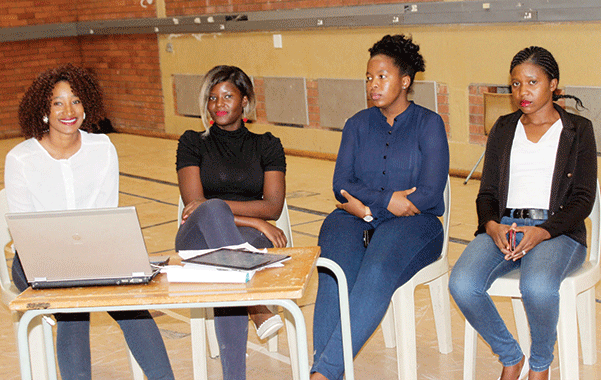Four students from the University of Namibia’s (Unam) humanities and social sciences faculty held an awareness forum recently on the dangers of consuming genetically modified organisms (GMOs).
The students carried out a research on issues surrounding food consumption and covered various sub topics such as food safety, health and nutrition.
Speaking at the awareness forum, Stephy Mulonda, whose research topic was ‘An Exploration of University of Namibia Students Awareness and Consumption of Genetically Modified Products’ said the invention of GMOs began in 1973, when Herbert Boyer and Stanley Cohen worked together to engineer the first successful genetically engineered organism.
“Tomatoes were the first vegetables to be genetically engineered and grown commercially around 1994 in the United States,” Mulonda said.
Mulonda added that she found during the research that, consuming food that contains genetic modification can lead to infertility for both men and women, diabetes and various cancers. “High blood pressure is also associated with eating GMOs,” added Mulonda.
The students believe that food that contains genetic modification should be labelled as such so that consumers are given the right to choose what they spend their money on. “This is because if you know the health risks associated to this food, you will be able to make better choices,” said Mulonda.
Jane Takuzwa, one of the students, said that labelling of food products is just as important as educating the public on the awareness of HIV/Aids pandemic. “Food safety is a joint responsibility which extends along the whole food chain: Farmers, fishermen, food processors, operators and retailers,” said Takuzwa.
Stay informed with The Namibian – your source for credible journalism. Get in-depth reporting and opinions for
only N$85 a month. Invest in journalism, invest in democracy –
Subscribe Now!










